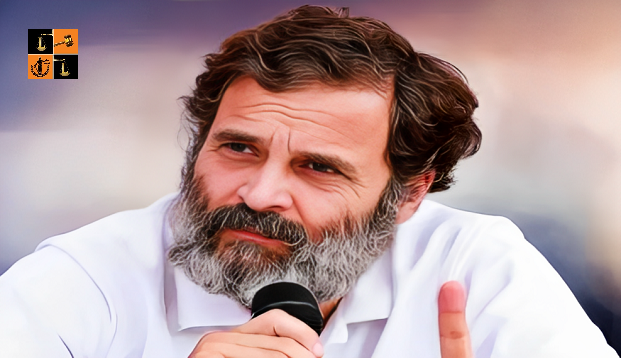The National Commission for Protection of Child Rights (NCPCR) has responded to a plea in the Delhi High Court, asserting that a tweet by senior Congress leader Rahul Gandhi, showing a photograph of the parents of a minor girl who was allegedly raped and killed in 2021, violated the Juvenile Justice (JJ) Act.
The plea sought the registration of an FIR against Rahul Gandhi for tweeting the photograph of the parents of the nine-year-old Dalit girl who was reportedly raped and killed at a crematorium in Southwest Delhi in August 2021.
The NCPCR, in its reply, pointed out that not only the JJ Act but also the Protection of Children from Sexual Offences Act (POCSO) and the Indian Penal Code make it an offence to disclose the identity of a minor victim of sexual assault.
The tweet in question, made by Rahul Gandhi in August 2021, showcased his meeting with the family of the minor victim. The NCPCR emphasized that this act of sharing the photograph and revealing the identity of the minor girl was in direct violation of the Juvenile Justice Act, which explicitly prohibits publishing any information, including family details, that could lead to the identification of a minor victim.
The matter was heard by a division bench comprising Chief Justice Satish Chandra Sharma and Justice Sanjeev Narula. The court granted time to other respondents involved in the case to file their responses and scheduled the next hearing for November 23.
After receiving a complaint related to the incident, the NCPCR took note of the "serious offence" committed by Rahul Gandhi and forwarded the complaint to the Delhi Police and Twitter. The commission sought the removal of the post in question and necessary action against Rahul Gandhi's Twitter handle.
In its statement, the NCPCR stressed that for Twitter to fulfil its obligations, the impugned post should have been completely removed from its platform, not just hidden within the Indian internet domain. The primary objective is to protect the identity of the minor girl, and merely concealing the post within the Indian domain would not suffice. The NCPCR further argued that the right to privacy and dignity, guaranteed under Article 21 of the Constitution of India, must be upheld in letter and spirit.
Source: Link
Picture Source :


























